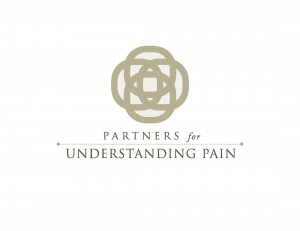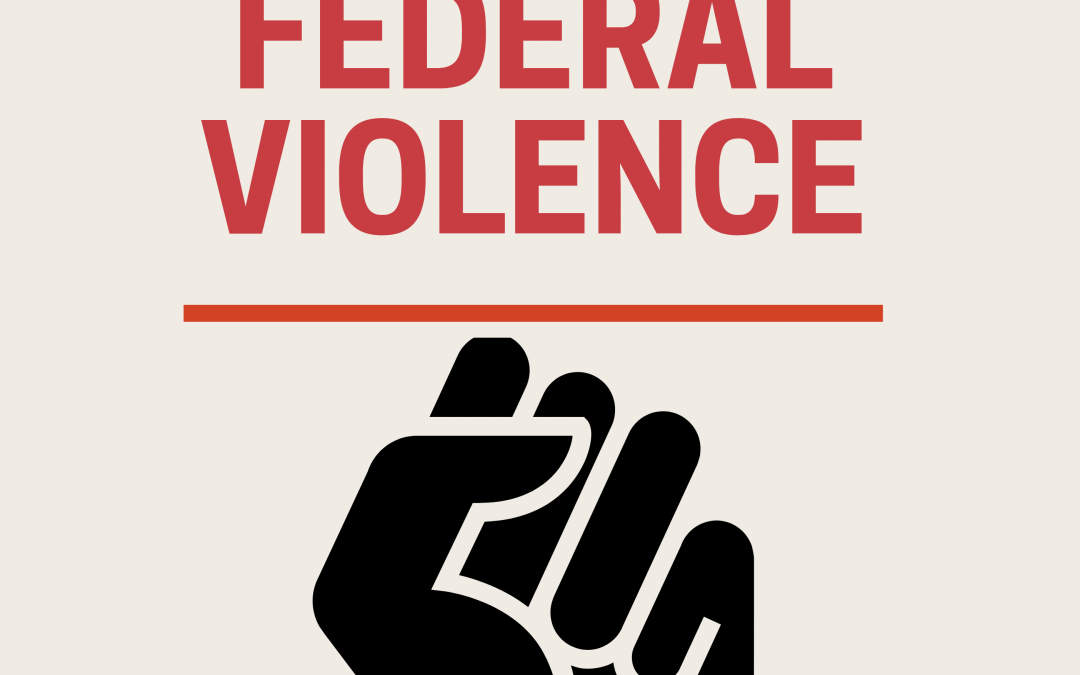The National Academies of Sciences, Engineering, and Medicine have identified pain as a significant public health challenge that affects tens of millions of people in the United States every year (Institute of Medicine, 2011). Pain Awareness Month, which NASW observes this September, offers social workers an opportunity to educate both colleagues and clients about pain—and to highlight resources available to prevent and reduce pain.
Pain Awareness Month was established in 2001 by the consortium Partners for Understanding Pain, of which NASW is a member. The American Chronic Pain Association (ACPA) leads the consortium. In observance of Pain Awareness Month 2016, ACPA has created a pain awareness toolkit for health care professionals; the toolkit includes a variety of NASW resources. NASW encourages social workers to use this free online toolkit and the other resources listed below.
NASW RESOURCES ADDRESSING PAIN
Mindfulness-Oriented Recovery Enhancement for Addiction, Stress, and Pain—NASW Press book by Eric L. Garland
NASW Standards for Social Work Practice in Palliative & End of Life Care
Pain: An Introduction and an Opportunity for Social Work Involvement—Specialty Practice Sections teleconference presented by Terry Altilio
Promoting Excellence in Pain Management and Palliative Care for Social Workers—Specialty Practice Sections Webinar presented by Shirley Otis-Green
Treating the Psychosocial Aspects of Pain Management—Specialty Practice Sections teleconference presented by Shirley Otis-Green
What Social Workers Need to Know About Chronic Pain Management—NASW self-study course presented by Jeffrey Gorelick
Encyclopedia of Social Work (20th ed.)—includes articles on pain by Terry Altilio and Maris Pasquale Doran (2013, online version) and Terry Altilio (2008, print version), plus other articles on related topics, such as hospice and palliative care
Social Work Speaks (10th ed.) (NASW Press, 2015)—includes NASW policy statements on End-of-Life Decision Making and Care and on Hospice Care
NASW recommendations for the 2015 White House Conference on Aging—comments address access to pain management services and hospice and palliative care
NASW-supported sign-on letters advocating for the Palliative Care and Hospice Education and Training Act (H.R. 3119/S. 2748)
NASW practice tools, resources, and announcements related to hospice and palliative care
NASW–NHPCO advanced practice specialty credentials in hospice and palliative social work—ACHP-SW and CHP-SW
Help Starts Here—NASW consumer Web site; includes information about pain
RESOURCES CREATED IN CONJUNCTION WITH OR SUPPORTED BY NASW
Pain Awareness Toolkit for Health Professionals—Partners for Understanding Pain/American Chronic Pain Association
Clinical Practice Guidelines for Quality Palliative Care (3rd ed.)—National Consensus Project for Quality Palliative Care
Dementia Care Practice Recommendations—Alzheimer’s Association; each volume includes content on pain management
Speak Up: What You Need to Know About Your Serious Illness and Palliative Care—The Joint Commission
A Call to Revolutionize Chronic Pain Care in America: An Opportunity in Health Care Reform—Mayday Fund
Advanced Care, Hospice, and End-of-Life Principles—Leadership Council of Aging Organizations
OTHER RESOURCES
National Pain Strategy—U.S. Department of Health and Human Services
Relieving Pain in America: A Blueprint for Transforming Prevention, Care, Education, and Research—Institute of Medicine (IOM)
Dying in America: Improving Quality and Honoring Individual Preferences Near the End of Life—IOM
CaringInfo—consumer Web site of the National Hospice and Palliative Care Organization; includes information about managing pain
Get Palliative Care—consumer Web site of the Center to Advance Palliative Care
Social Work Hospice and Palliative Care Network
Social Work Palliative and End-of-Life Care listserv (SW-PALL-EOL)
Chris Herman, MSW, LICSW
NASW Senior Practice Associate




